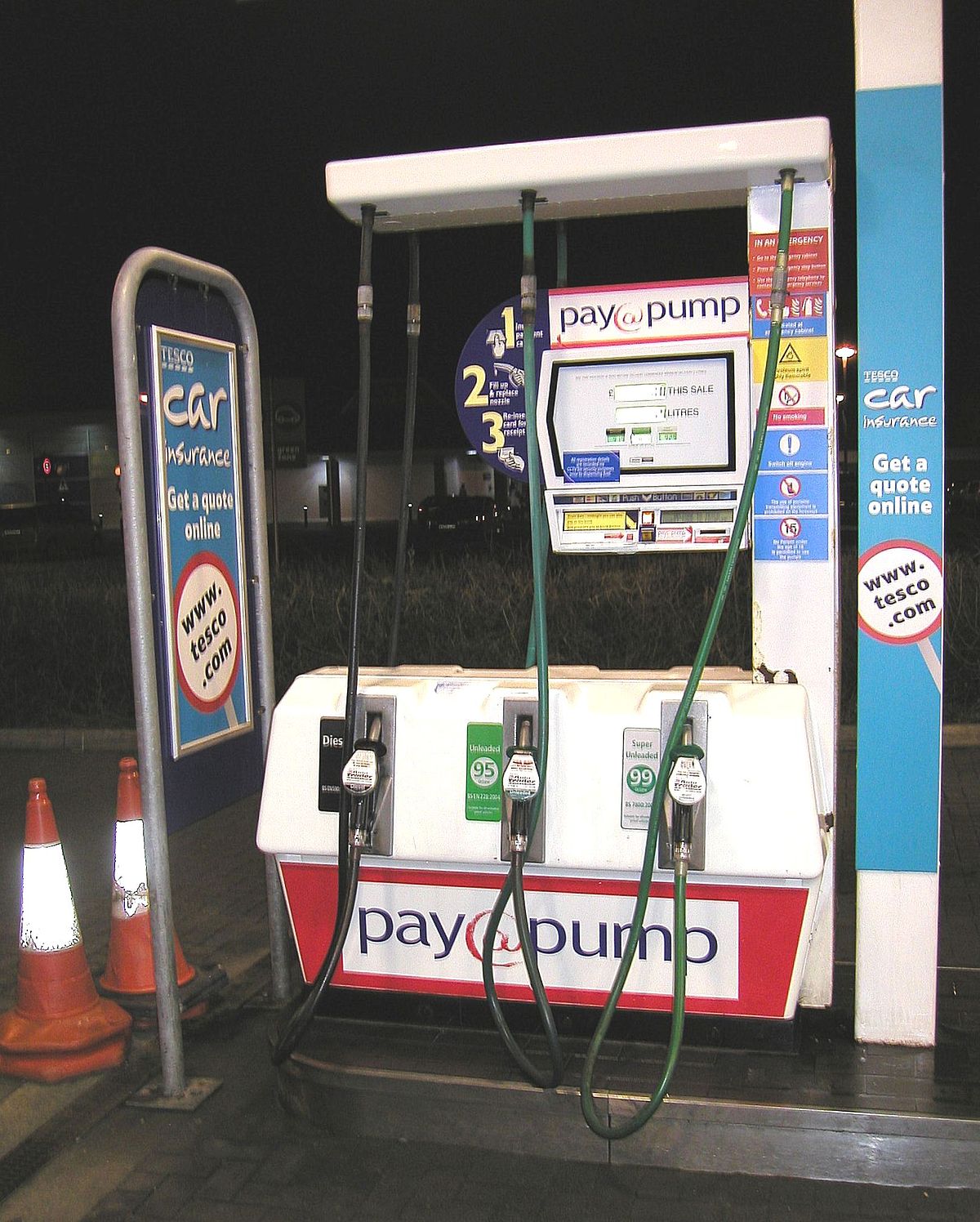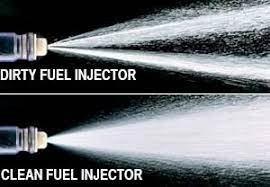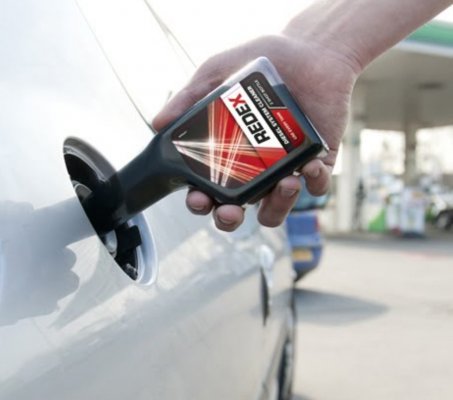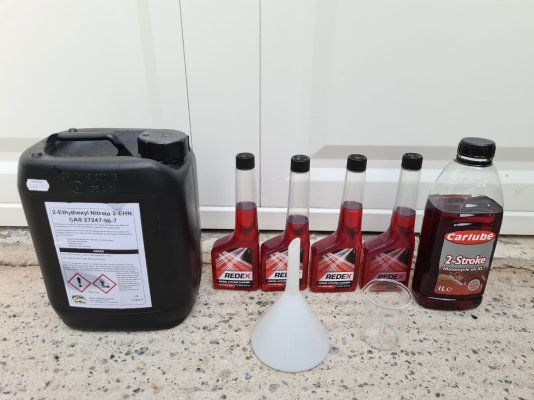Deposits in the injector take a while to build up, so there is a gradual decline in spray ‘quality’ over time typically in the form of increased droplet size, droplet distribution less uniform and possibly reduced injected fuel mass. Likewise, cleaning up the injector deposits, which is possible by using premium diesel, takes a while too. Because theses change occurs over time, it’s quite difficult to perceive by doing an A-B drive, though the changes can be measured in the lab.
My suggestion to anyone buying a used Diesel engined car would be to run three tankfuls of premium (say 1500 miles) which will clean up the injectors, and thereafter run using regular diesel from a reputable supplier with the occasional tankful of premium.




